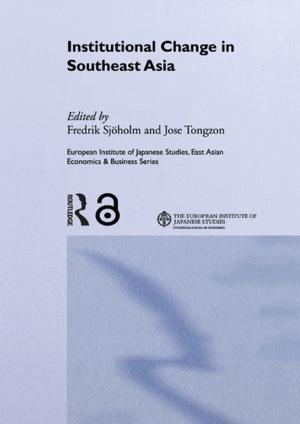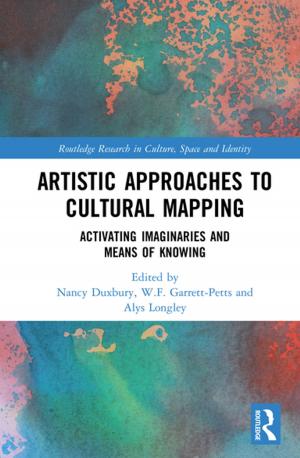Water Governance and Collective Action
Multi-scale Challenges
Nonfiction, Social & Cultural Studies, Political Science, Government, Public Policy| Author: | ISBN: | 9781351705240 | |
| Publisher: | Taylor and Francis | Publication: | September 8, 2017 |
| Imprint: | Routledge | Language: | English |
| Author: | |
| ISBN: | 9781351705240 |
| Publisher: | Taylor and Francis |
| Publication: | September 8, 2017 |
| Imprint: | Routledge |
| Language: | English |
Collective Action is now recognized as central to addressing the water governance challenge of delivering sustainable development and global environmental benefits. This book examines concepts and practices of collective action that have emerged in recent decades globally. Building on a Foucauldian conception of power, it provides an overview of collective action challenges involved in the sustainable management and development of global freshwater resources through case studies from Africa, South and Southeast Asia and Latin America.
The case studies link community-based management of water resources with national decision-making landscapes, transboundary water governance, and global policy discussion on sustainable development, justice and water security. Power and politics are placed at the centre of collective action and water governance discourse, while addressing three core questions: how is collective action shaped by existing power structures and relationships at different scales? What are the kinds of tools and approaches that various actors can take and adopt towards more deliberative processes for collective action? And what are the anticipated outcomes for development processes, the environment and the global resource base of achieving collective action across scales?
Collective Action is now recognized as central to addressing the water governance challenge of delivering sustainable development and global environmental benefits. This book examines concepts and practices of collective action that have emerged in recent decades globally. Building on a Foucauldian conception of power, it provides an overview of collective action challenges involved in the sustainable management and development of global freshwater resources through case studies from Africa, South and Southeast Asia and Latin America.
The case studies link community-based management of water resources with national decision-making landscapes, transboundary water governance, and global policy discussion on sustainable development, justice and water security. Power and politics are placed at the centre of collective action and water governance discourse, while addressing three core questions: how is collective action shaped by existing power structures and relationships at different scales? What are the kinds of tools and approaches that various actors can take and adopt towards more deliberative processes for collective action? And what are the anticipated outcomes for development processes, the environment and the global resource base of achieving collective action across scales?















